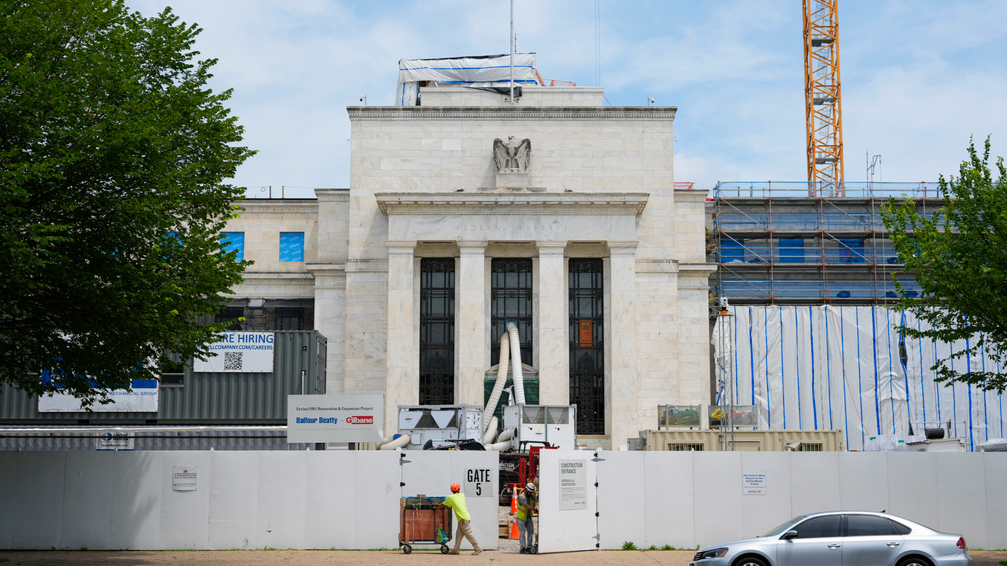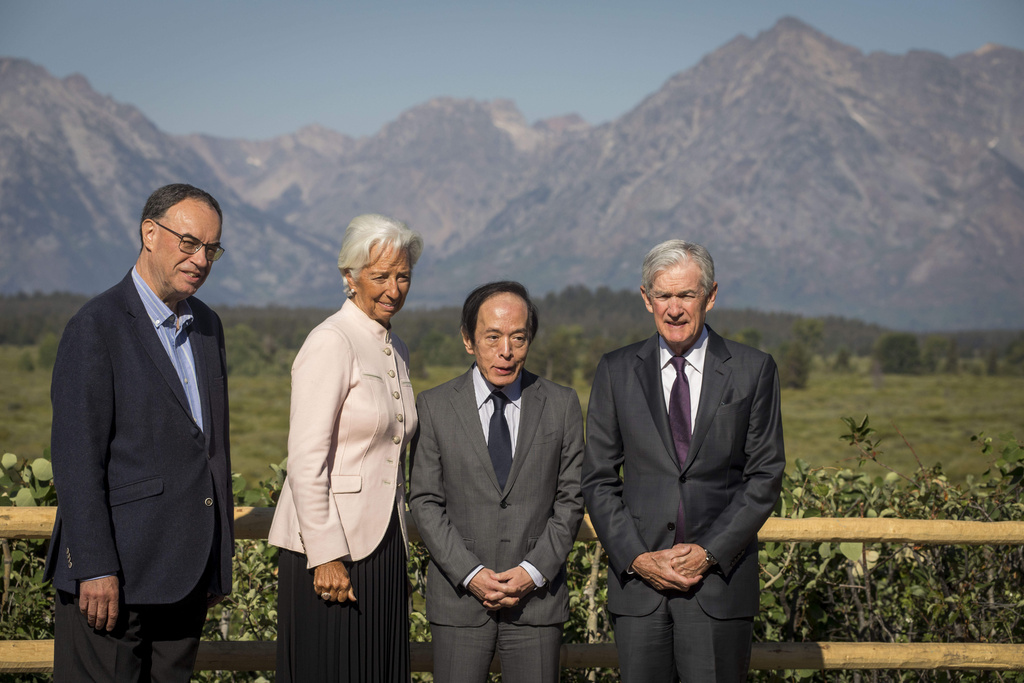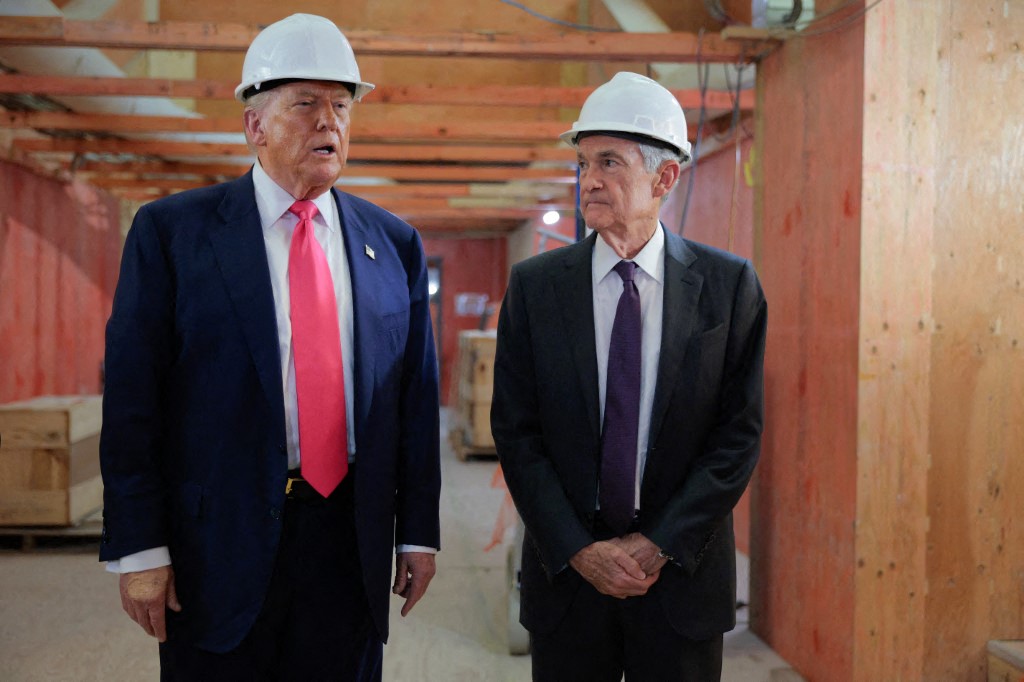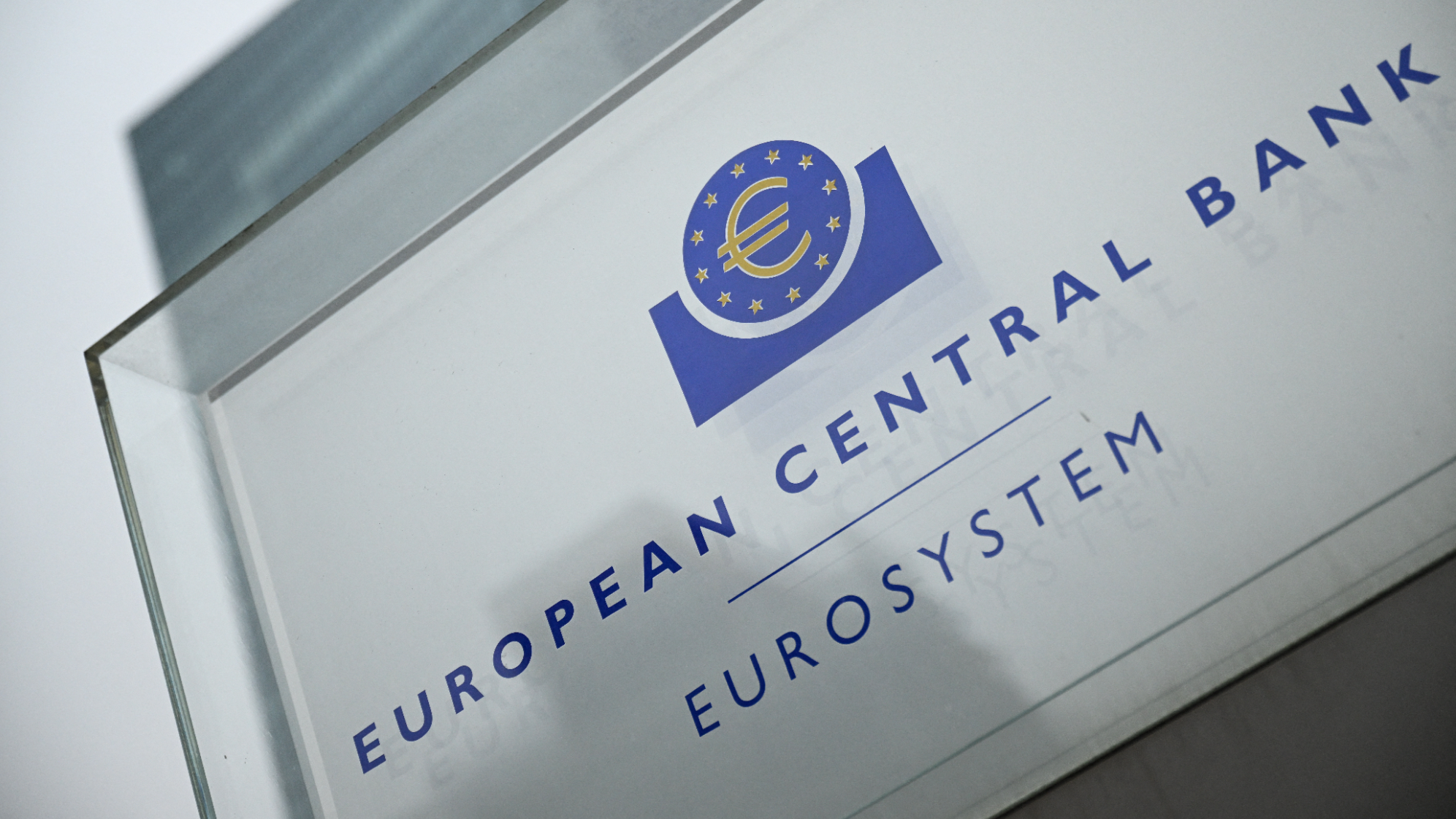
JACKSON HOLE, Wyoming - Global central bankers gathered at a US mountain resort over the weekend are starting to fear that the political storm surrounding the Federal Reserve may engulf them too.
US President Donald Trump's efforts to reshape the Fed to his liking and pressure it into interest rate cuts have raised questions about whether the US central bank can preserve its independence and inflation-fighting credentials.
Trump, frustrated by the legal protections given to the Fed's leadership and the long terms for Board of Governors members meant to outlast any given president, has put intense pressure on Chair Jerome Powell to resign and is pushing to oust another board member, Governor Lisa Cook.
If the world's most powerful central bank were to yield to that pressure, or Trump finds a playbook for removing its members, a dangerous precedent would be set from Europe to Japan, where established norms for the independence of monetary policy may then come under new attack from local politicians.
"The politically motivated attacks on the Fed have a spiritual spillover to the rest of the world, including Europe," European Central Bank policymaker Olli Rehn, from Finland, said on the sidelines of the Fed's annual symposium in Jackson Hole, Wyoming.
That's why Rehn and colleagues were enthusiastically backing Powell to stand his ground, even after he signaled a possible rate cut in September. Powell was met by a standing ovation when he took the podium at the conference.

'Not be taken for granted'
Conversations with a dozen central bankers from across the world on the sidelines of the Fed's getaway in the shadows of the Grand Teton Mountains revealed that a scenario in which the Fed sees its ability to counter inflation jeopardized by a loss of independence was taken as a direct threat to their own standing and to economic stability more broadly.
It would likely entail major turmoil in financial markets, they said, with investors demanding a greater premium to own US bonds and reassessing the status of Treasury securities as the lifeblood of the global financial system.
Central banks around the world have already started preparing for the fallout, telling lenders on their watch to watch their exposure to the US currency.
ALSO READ: Darkening global outlook, central bank pivots signal more turbulence
More fundamentally, a Fed capitulation would end a regime that has brought relative price stability and has lasted at least since late Chair Paul Volcker vanquished high inflation 40 years ago.
Since then, more and more central banks followed the Fed's model of political independence and a single-minded focus on their mandate - for most, keeping inflation near 2 percent.
"It’s a reminder that independence should not be taken for granted," Bundesbank President Joachim Nagel, also a member of the ECB's Governing Council, said. "We have to deliver on our mandate and make clear that independence is the conditio sine qua non for price stability."

Political football
Markets so far have not registered deep concerns about the Fed's independence. US equity markets are roaring, and there hasn't been the sort of jump in Treasury yields or inflation expectations that would be emblematic of the Fed's credibility being seen at risk.
While Trump can name a new chair when Powell's term as the chief policymaker ends in May, he needs more departures among the Fed's seven-member board for his appointees to gain majority control. The Fed's network of 12 regional reserve banks, whose leaders take turns voting on interest rate policy, is a further counterweight, hired by local boards of directors as a way to distance them from Washington's influence.
Yet Trump's soured relationship with the Fed, set in a country perceived to have strong institutional and legal traditions, has made other central bankers all too aware of how fragile their independence may be.

Even the ECB, whose autonomy from the 20 governments of the euro zone is sanctioned by European Union treaties, has had to fight hard to prove it.
It was accused of bankrolling governments when it launched its massive bond-buying scheme a decade ago with the aim of staving off deflation, and survived multiple court challenges seeking to block those purchases.
Right- and left-wing parties in countries such as Italy, Germany and France have also periodically criticized the central bank.
ALSO READ: Trump says 4 on shortlist to succeed Fed Chair Powell
Other countries have turned the appointment of their national governor into a political football.
Latvian central bank governor Martins Kazaks was criticised by national politicians for not catering to the government's wishes during his fractious reappointment process. Slovenia hasn't had a governor since January amid party bickering.

In Japan, the late Prime Minister Shinzo Abe blasted then central bank governor Masaaki Shirakawa for doing too little to beat deflation, and hand-picked Haruhiko Kuroda in 2013 to take the helm when Shirakawa stepped down weeks before his term ended.
Kuroda then deployed a massive asset-buying programme, which helped weaken the yen and reflate growth, but raised eyebrows among conventional central bankers for making the BOJ the main creditor of its own government.
Setting a bad example
Trump has said the end of Powell's term next May could not "come fast enough" and very publicly started the process of choosing a successor.
"It's as if Trump learned from Abe," said one source familiar with the BOJ's thinking who declined to be named due to the sensitivity of the matter.
In turn, Trump's moves could embolden governments around the world to assert control over their central banks.
That could set the stage for globally higher inflation rates and more volatile markets.
"Taking over the Fed is one development that would set a very bad example for other governments," said Maury Obstfeld, a senior fellow at the Peterson Institute for International Economics and former chief economist at the International Monetary Fund.
READ MORE: Trump says not necessary to fire Powell after getting Fed tour
"How do you look at this happening in the United States, which was thought to be the bastion of institutional checks and balances and the rule of law, and not conclude that other countries are easier targets?"


